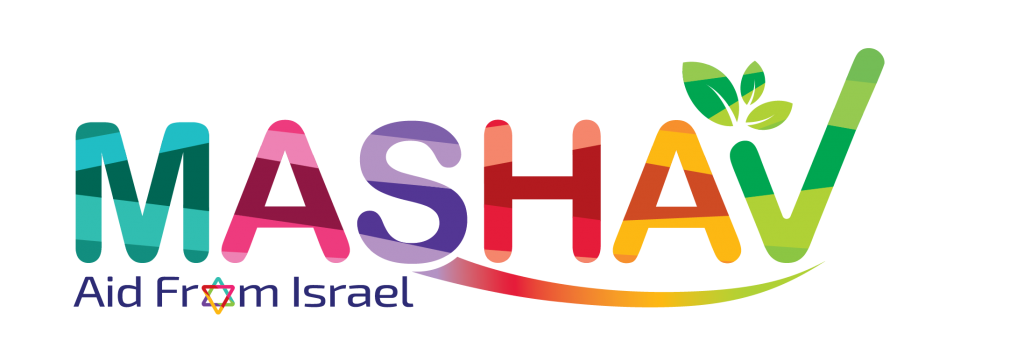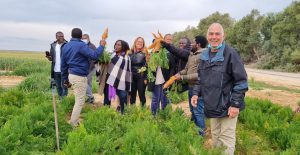Partnership for the Goals


SDG 17-Israel and Foreign Aid-Tech
Israel is already globally recognized as a leader in innovation and technology, but before Israel was the Startup Nation it was a down-and-out country with small prospects of surviving, let alone developing into a thriving high-tech luminary.
This is part of the reason why Israel can empathize with developing nations and generously offer its aid. In 1957 former Israeli Prime Minister Golda Meir established MASHAV – a Hebrew acronym for “Israel’s Agency for International Development Cooperation” – to reach out to nations in Asia and Africa. In the 1960s newly independent African leaders looked to Israel for its experience with development issues that were similar to the ones they were facing. Today, MASHAV shares Israel’s lessons in development with 132 countries, including Ethiopia, Vietnam and Guatemala. MASHAV focuses in particular on the areas where Israel stands out: technology, water and education. Its strategy is to teach the inhabitants the skills they need to improve their society. To date MASHAV has trained over 280,000 individuals.


The Indo-Israel Agricultural Project (IIAP) is one example of training and technology in foreign aid. A joint project of the Israeli embassy, The Indian national and state government, the Indian Agriculture Ministry and MASHAV, the IIAP capitalizes on Israeli technology and expertise to train 20,000 farmers a year in skills such as beekeeping, vegetable cultivation and dairy production. The tech component of the project is the employment of drones to determine the proper water needs for each individual plant on a farm.
Likewise, MASHAV has shared the secrets of Israeli-developed drip-irrigation with over a hundred countries, providing individuals with training on a method that saves on water and produces crop yields that are higher than any other irrigation technique
Israel’s foreign aid efforts are certainly altruistic, but they have also yielded positive diplomatic results. In 1991, newly elected Zambian president Frederick Chiluba immediately reinstated diplomatic relations with Israel as one of his first acts of office. One of his motivating factors for this, he said, was to renew MASHAV’s activities in the country. In fact, one of the representatives in Zambian parliament was quoted as saying that they “wanted the Israelis to come back because ‘ten of them’ had done more than the thousands of foreign advisors currently at work in Zambia.”
Not only will Israel continue its steady surge to new technological heights, it will continue to share these advancements with the countries that most need them.
Related articles


SDG 17 – Global Village will Prevail
Partnership for the Goals While grieving and understandably focused on ensuring the country’s future, at the end of the day Israel is very much part


SDG 17 – They Just Wanted to Improve the World
Partnership for the Goals The release of Hamas-held, 85-year-old Yocheved Lifshitz, should have provided some welcome relief to an Israel on edge. Instead, it unfortunately fed


SDG 17-New hybrid models of Companies Helping Us Reach the UN’s SDGs
Partnership for the Goals Today an increasing number of businesses are focused not just on profits, but on improving communities and solving the critical challenges


















